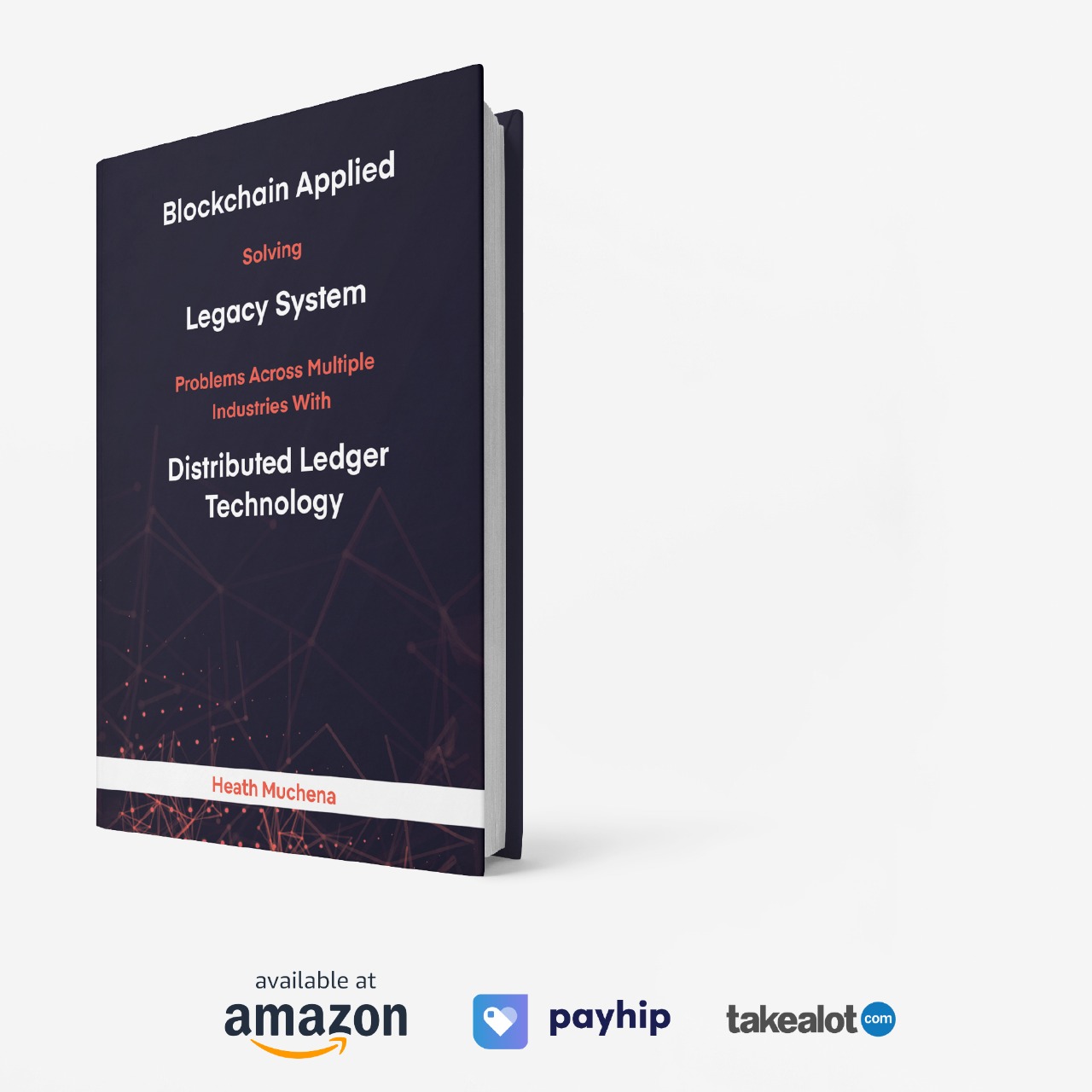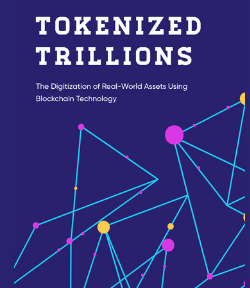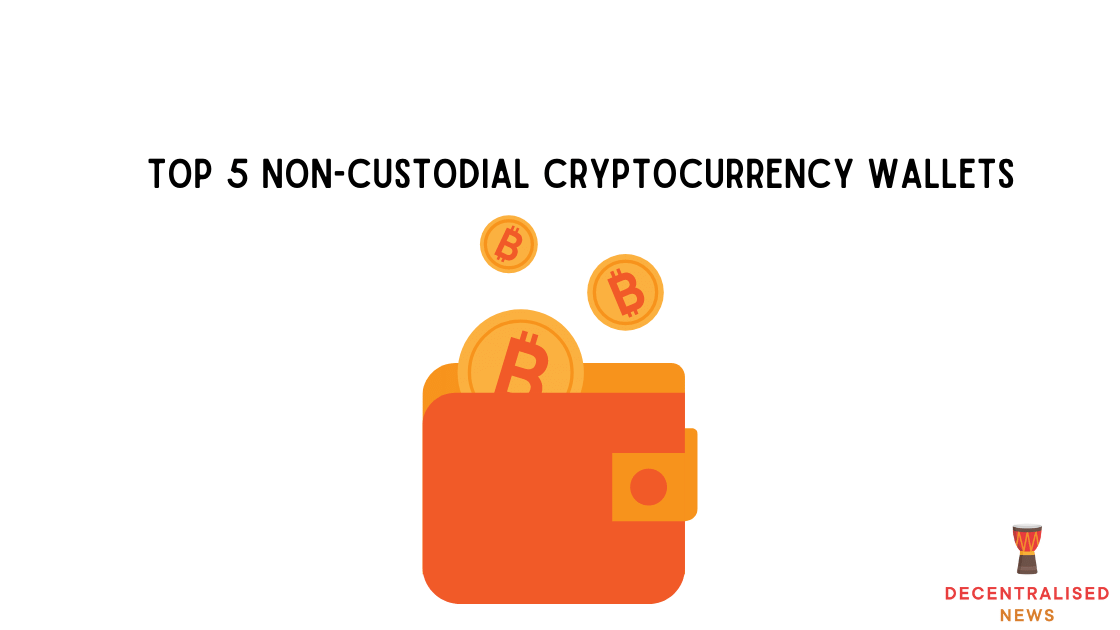
Defining Non-Custodial Wallets
Non-custodial wallets are generally digital wallets that empower users by putting firmly in control of their own funds. Users of browser or mobile-app based non-custodial services control the private keys associated with their accounts. The private key is like a password that gives one access to digital assets on a blockchain.
The difference with normal custodial wallets is that custodial wallets have a third-party controlling the keys to the funds as is the case with conventional banking services where the bank can impose a range of restrictions on access to your own funds. Typically you’ll find that most custodial wallets are actually web-based exchange wallets such as those offered by centralised crypto exchanges. Trusting a custodian with your funds has its risks which includes risk of loss of assets through hacks, theft or human error. Being in control of your own funds through the use of non-custodial wallets also means you need to be fully responsible for your funds and hence it’s also good to learn the best practices to avoid losing your funds to hackers or avoidable errors.
Now for the top 5 non-custodial cryptocurrency wallets, in no particular order:
Exodus
Founded in 2015 by JP Richardson and Daniel Castagnoli, Exodus is a non-custodial desktop and mobile-based wallet that supports Bitcoin, Ethereum and over a 100 other digital assets. Exodus makes it possible for users to manage their keys, and it has a great interface that makes it easy for a user to manage their crypto assets, receive, send, store, and track transactions.
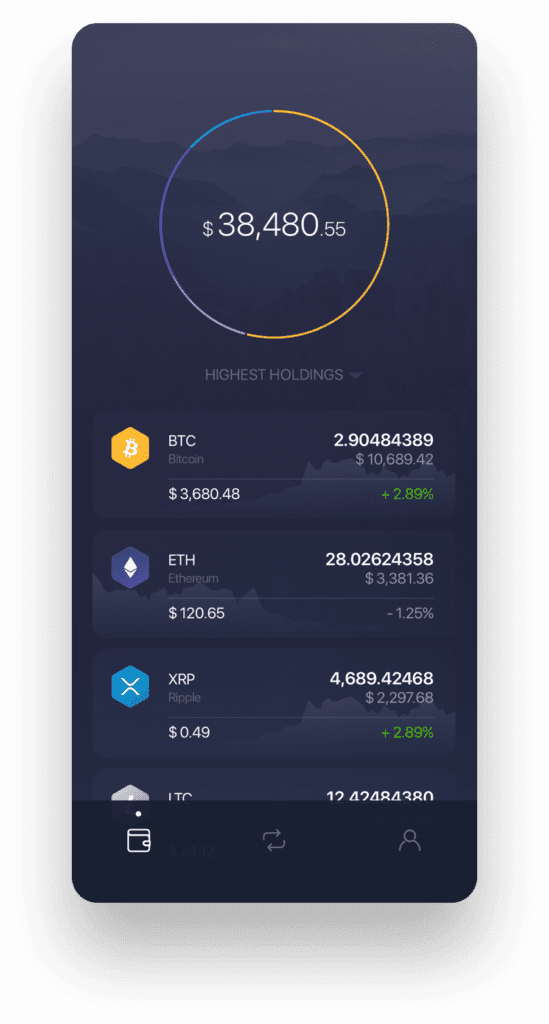
Atomic Wallet
Atomic Wallet is a digital asset wallet that helps users to manage their cryptocurrencies. It supports over 300 tokens and coins and enables users to conduct atomic swaps. The wallet allows users access to staking and even offers users cashback rewards in AWC token. Atomic supports cryptos including BTC, ETH, XRP, TRX, ADA, etc.
Edge
Edge is a non-custodial mobile wallet for iOS and Android devices that makes it possible for users to buy, sell and exchange fiat and 30 different cryptocurrency tokens from their phone.
What’s good about Edge is that it only requires a username and password to sign up which means anyone can download the app and is able to move digital assets using their interface. Edge offers extra security features such as 2FA, touch and face ID.
BRD
Zurich-based BRD is an open source non-custodial wallet available for both Android and IOS devices. BRD was formerly known as Bread Wallet or simply Bread. It’s deemed one of the most user-friendly wallets on the market. The app makes it possible for users to use Apple Pay or their bank cards to buy digital currencies.
Trust Wallet
Trust Wallet is deemed one of the most popular wallets for storing BEP2, ERC20 and ERC721 standard tokens. Trust Wallet is a non-custodial wallet which means that it does not hold or control any crypto assets but simply provides users with access to the wallet using their private keys.
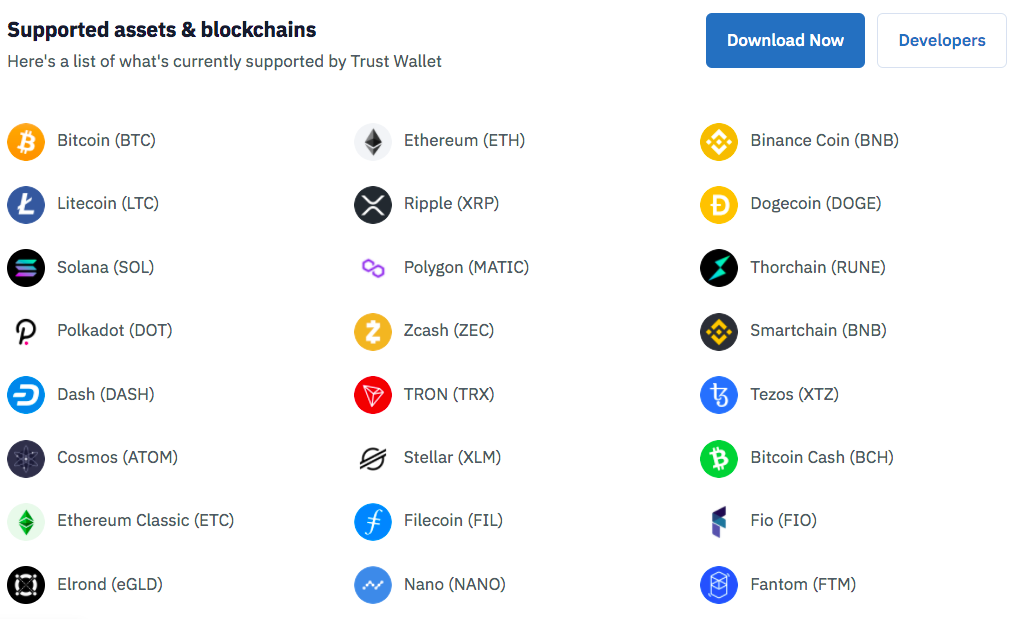
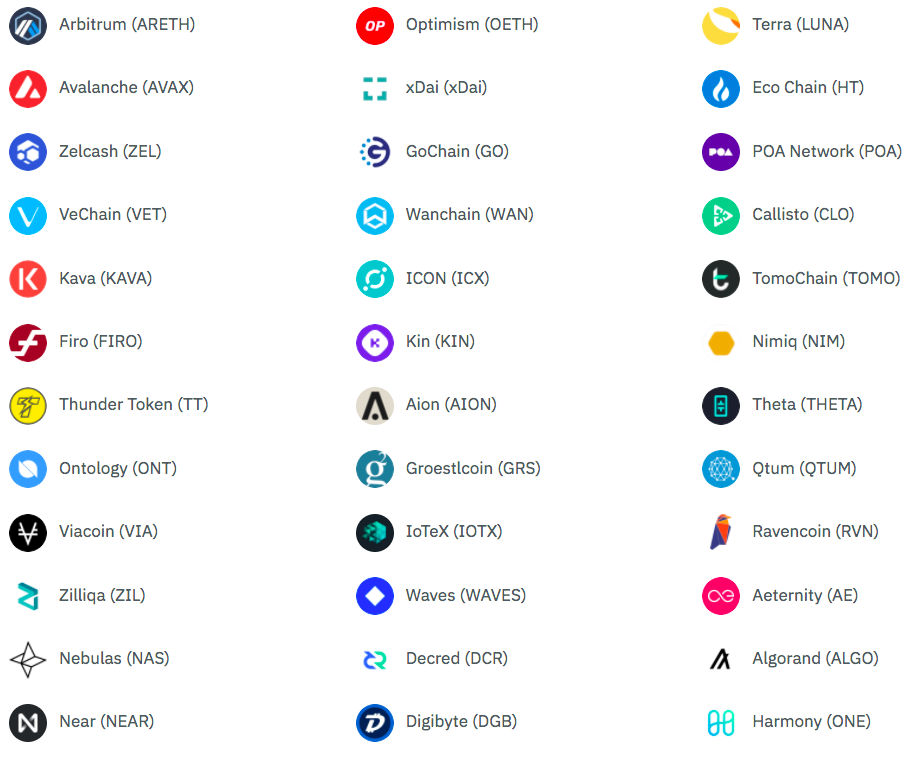
Trust Wallet supports over 50 blockchains and hundreds of digital assets. Users can earn interest on their crypto and even collect NFTs with Trust Wallet. Users also have the ability to keep track of their portfolio.
Bitcoin.com
Bitcoin.com is a non-custodial wallet that allows users to retain full custody of their crypto assets and use the interface provided to manage their assets in an easy and convenient way. Non-custodial crypto wallets such as Bitcoin.com wallet give users access to public blockchains and also make interaction with smart contracts seamless since users can then access DeFi products easily.

